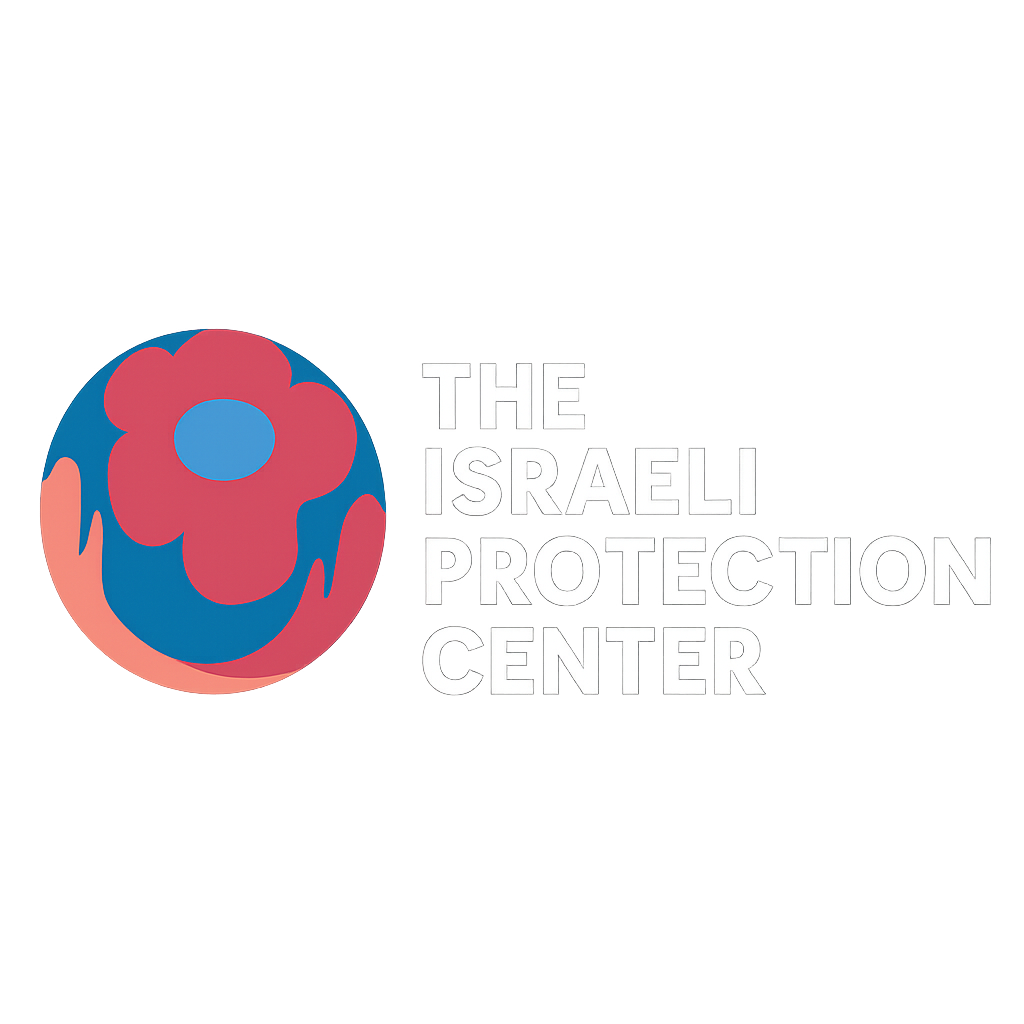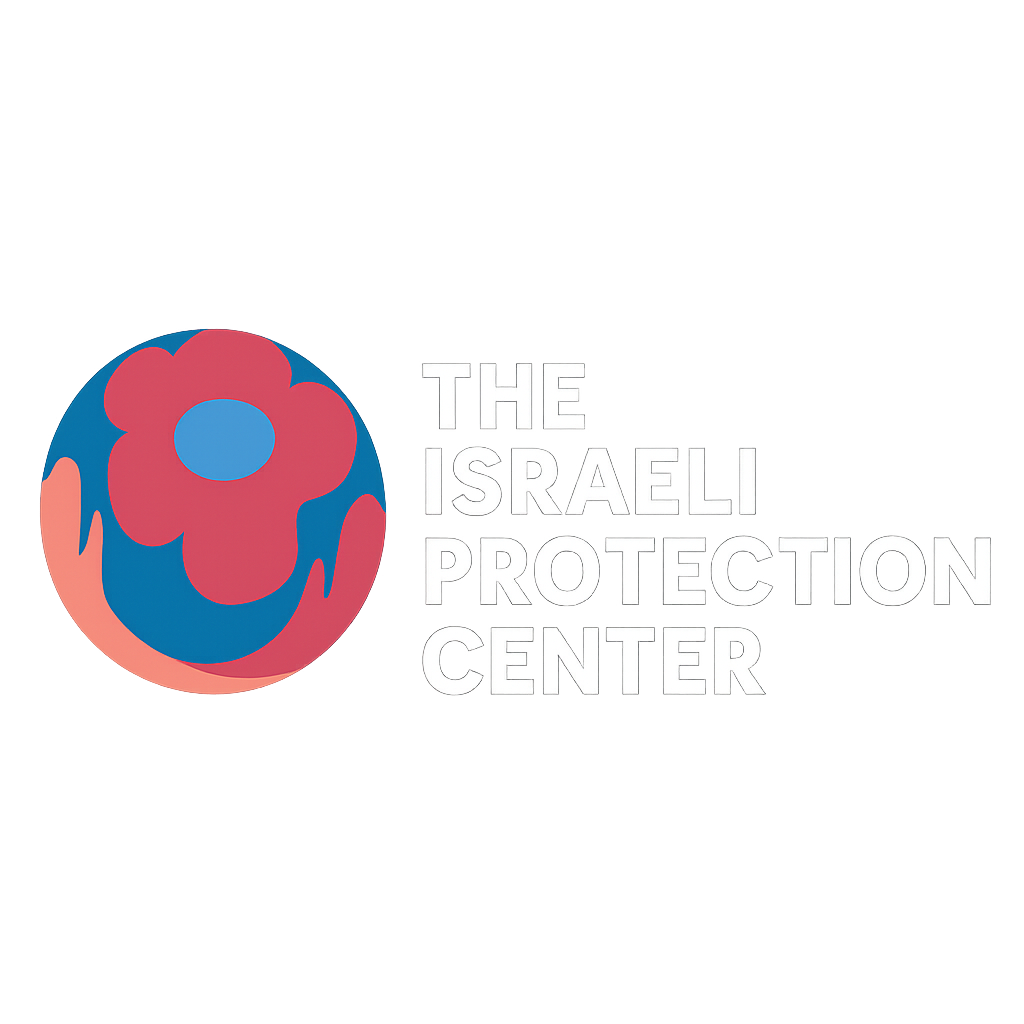Areas Of Activity
Our Vision
Creating a protective environment within Israeli society that will contribute to the eradication of sexual abuse in Israel.
This environment will foster awareness and encourage survivors to break the wall of shame and silence, to report incidents of sexual abuse in children and adults, and to seek help. To that end, the organization operates as a national center uniquely dedicated to creating a protective environment and providing a comprehensive response for survivors. This includes strengthening public education and means of prevention to reduce the occurrence of child sexual abuse.
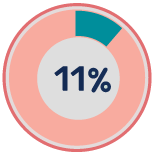
Of the victims are:
Boys/Men
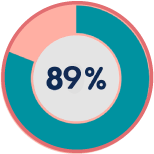
Of the victims are:
Girls/Women
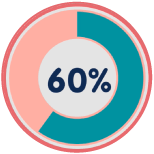
Of the victims are:
Minors
Training for Resilience and Safety

Core Safety Training in the Education System
This training is tailored for educational staff on the topic of safety. It not only aims to reduce the risk of sexual abuse but also to minimize additonal emotional harm to survivors. Considering the already vulnerable emotional state of the survivors- unadapted attitudes or the conveyance of incorrect information can increase underreporting and elevate risks for marginalized populations and those at risk of delayed intervention.
It is clear that educators and their staff are key to changing community awareness and the efforts of prevention within the educational system. However, many educators are not trained on the topic of safety and lack the tools to discuss with the students issues pertaining to sexual violence. Many educators also hold the (erroneous) belief it is not their role to educate the students on this matter. At The Israeli Protection Center we believe otherwise.
Our team works to create an awareness shift among our target audience through programs and
educational initiatives focused on safety. These are tailored for kindergarteners, schoolchildren,
parents, and educators.

Training for Law Enforcement and Regulatory Agencies
The center offers training to all law enforcement bodies, including:
- Police
- Prosecutors
- Welfare professionals
- Child investigators
And more..

Therapist Training in Sexual Abuse Cases
The Israeli Protection Center, in collaboration with the Ministry of Health, offers arts-based therapeutic training for professionals in Israel, aimed at equipping therapists who deal with sexual abuse cases.

Training Group Facilitators in Safety
Training of 100 group facilitators in the field of Safety through approximately 100 hours of
instruction. The target audience includes therapy and education professionals. The Safety group facilitators will complete up to 5 workshops for school staff, parents, educators, healthcare providers, and the broader community. They will serve as our ambassadors to the community.
Policy design
In order to confront this problem, The Israeli Protection Center initiates and advances legislative proposals. The center’s team appears in various Knesset committees and works with all
relevant entities including —government agencies and decision-makers in ministries such as:
education, welfare, health, religious services, and internal security
Currently, Israel has no legal requirement for professional training in the safety field for
individuals working with minors, even when interacting with them in sensitive situations,
including police officers. There is no law mandating specific training for professionals treating victims of sexual abuse. As A result individuals are trained arbitrarily without recognized standards and accreditation for such training.
The center’s goal is to develop accredited, government-recognized training programs, similar to other licensed professions. The proposed legislation would also include funding from the national budget. This would establish clear guidelines and ethical standards, ensuring that anyone involved in the care and treatment of survivors —especially children and youth—will possess the tools and training to safely and effectively support them.
“The Israeli Protection Center raises and promotes the question of social responsibility on the issue of sexual abuse to the national agenda, aiming to bring about comprehensive change in Israeli society.”
Research
Promoting Academic Research
How does the group relate to the issue of sexuality? What are its positions regarding law enforcement?
To this end, the center promotes academic collaboration to research specific topics such as societies with unique characteristics, the scope of the phenomenon, the implications of abuse
on the family system, etc.
The Israeli Protection Center sees great importance in promoting academic research in the field of sexual abuse. One of the foundational beliefs of the Center is the notion that in order to break the code of silence within closed groups, we must deeply understand those groups, study them, and explore how decisions are made within the group, essentially asking what are the dominant social values that guide the group?
Research on closed communities (Haredi, Arab and kibbutzim)
Through collaborative efforts with researchers from various universities, the center focuses on studying different sectors within society. The findings of this ongoing research provides the data required to create and establish appropriate interventions within these communities. The research assists in elevating awareness within the communities themselves, in society at large, and potentially can serve as a foundation for expanding Safety programs in the future. Additionally, The Israeli Protection Center collaborates with Dr. Michal Kravel from the Department of Sociology at Tel Aviv University on the topic of the Haredi community’s confrontation with sexual abuse. As this work continues, more research will be conducted focusing on other closed communities.
“Judges and Police, Give Me a Hand,” by Rabbi Asher Melamed. This article was written while Rabbi Melmed served as CEO of the Family Advisors and Therapists Association in Israel. It was first published in the Haredi journal HaEt Haredi and deserves attention.
Sexual Abuse in Holy Scripture.
The Haredi community’s attitude toward victims of abuse and their families By Rabbi Asher Melamed, founder of the Israeli Center for Protection. This article was written in the context of his role as Chief Rabbi in the police force and as a regional rabbi.
Shift in Awareness and Prevention
Family-based therapy
An additional central topic promoted by the center in the context of its research is the impact of family and community-based therapy on the healing process of the survivor.
Why is it difficult for survivors to report abuse?
There are many different reasons for this. Chief among them are feelings of shame, fear, and concern about causing harm to the family. A reporting delay also stems from the thought that they won’t be believed. In recent studies conducted over the last decade, it was found that lack of knowledge about where and to whom to turn is also a significant barrier to the reporting process. Delayed reporting or the decision not to report often stems from the devastating impact of the event on the survivor during the early stages of coping. After the sexual assault, survivors may develop psychological consequences such as post-trauma. Therefore, it is very important for the
response to be provided close to the time of the incident. Delay in reporting significantly increases the harm caused by sexual assault — both to the survivor and to those around them.
Reporting VS Reality:
80% of children who experience abuse only seek help after 12 years of age — or even later.
Preventive education at a young age.
Due to underreporting and the fear survivors feel about sharing the secret and telling someone about traumatic experiences, alongside with recent data exhibiting a major rise in the number of abuse cases we must turn our attention to central educational figures who interact with children and adolescents daily and know them well and most of all that have gained our children's trust. The Israeli Center for Protection promotes significant change by providing specific training to professionals who encounter children daily as part of their work.
Support for Survivors and Their Families
Support for Survivors
The center operates a 24/7 hotline available for any inquiry.
Intake Meeting
Within the framework of the intake process, the survivor meets with the center’s professional team, where comprehensive information is provided along with the identification of rights for the survivor across various relevant areas — legal status, medical, therapeutic, civil issues, and more.
Community guidance and preparation of a personalized program
tailored to the survivor and their familyEmpowering the community, the center operates a volunteer network of "Protected Trustees" - volunteers from within the community.
Professional therapy
for individuals registered with the welfare system – therapies conducted by the center’s professional team, costing a symbolic fee of 220 NIS per session.
Guidance through the criminal/legal process
Assistance in matching the appropriate phase of the legal process, including filing a complaint, handling trauma, filing a police report, and accompanying the entire legal process, including substitution within the legal procedure or preparation for a criminal case.
The center provides initial, confidential, and free legal counseling.
Family Support
The center operates a dedicated support service for the family unit, which includes a treatment basket of up to 4 sessions at no cost. The center’s therapists provide tailored guidance to the family in accordance with the intervention program until the process is complete.
Community Support
The center views the community as a significant factor in reducing the scope of abuse and in supporting survivors. To empower the community, the center runs a volunteer program called “Guardians of Protection” — volunteers from within the community who work with local authorities as agents of change and as a bridge between the establishment and the community.


